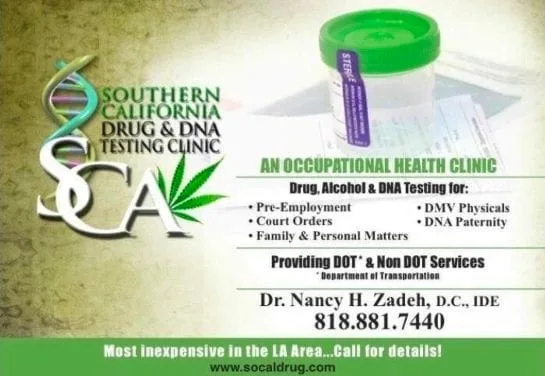Urinalysis is the most common test type and is utilized by federally mandated drug testing programs.
When an employer requests a drug test from an employee, the employee is directed to a collection site. At the collection site, the employee's urine is gathered in a specially designed secure cup, sealed with tamper-resistant tape. The cup is then dispatched via express delivery service to a testing laboratory, where it undergoes testing for various drugs.
The initial step at the testing site involves splitting the urine into two aliquots. The first aliquot is screened for drugs using an analyzer that employs immunoassay for the initial screening. If the urine screen is positive, another aliquot of the sample is utilized to confirm the findings through gas chromatography-mass spectroscopy (GC-MS) methodology. All test results are communicated to a Medical Review Officer (MRO), where a medical physician reviews the results. If the screen result is negative, the MRO notifies the employer that the employee is clear and has no detectable drugs in the urine.
New regulations from the U.S. Department of Transportation require that specimens indicating a low temperature or showing signs of adulteration be accompanied by a second specimen from the donor, collected under direct observation. This means the donor voids in full view of the collector or observer. The regulations also mandate that the donor raise and lower clothing, turn around in front of the collector or observer to demonstrate that the donor is not in possession of any device or substance with the intent to falsify the test. In several states, it is illegal to sell or possess such a device or substance.
Employers are obligated to test their DOT-regulated safety-sensitive employees for the following five controlled substances:
POST ACCIDENT:
Post-incident drug testing is not as frequently administered as other tests, but the financial implications of not testing employees after an accident (or other incident) on the job make this test essential for most businesses. The purpose of this test is not necessarily to lead to the termination of the employee but rather to safeguard the company from liability in the event that the individual was under the influence at the time of the accident. If drugs or alcohol are detected in any significant quantity, it can be argued in court that the individual was intoxicated on the job, and, for that reason, the company should not be held liable for injuries sustained by the employee."
It's important for employers to establish clear and well-communicated policies regarding post-accident drug testing, ensuring that employees are aware of the expectations and consequences. Additionally, compliance with relevant laws and regulations should be considered when implementing such testing programs.



